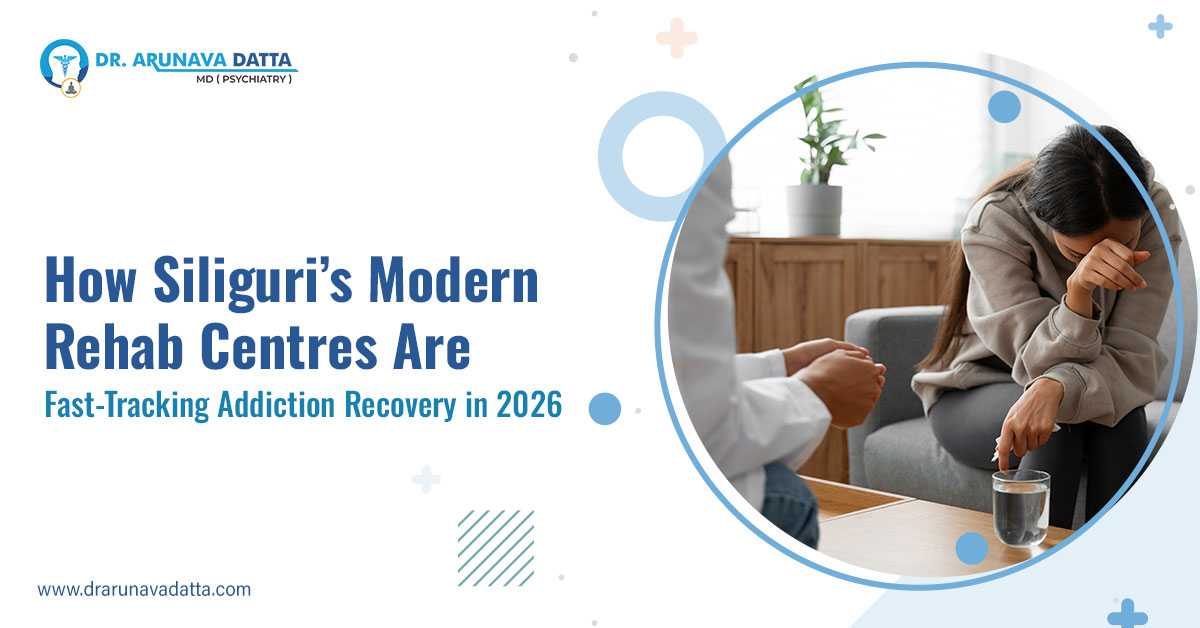Obsessive-compulsive disorder or OCD is a mental health disorder that causes a pattern of unwanted thoughts and fears or obsessions that lead a person to do repetitive behavior. This disorder causes an urge that can be a compulsion to do something over and over again or an obsession with anything or both.
The effects of OCD can vary depending on the person and it can range from being mild and unnoticeable to extreme which can interfere with daily activities and cause significant distress. This disorder can be extremely troubling and anyone suffering from it needs to visit the best psychiatrist in Siliguri for expert treatment and management.
Everyone experiences obsessions and compulsions commonly in life with things like double checking the locks or gas, saving a file twice, and more. But OCD is a lot more extreme and can take up a lot of a person's day and can hamper day-to-day life. Some of the obsessions and compulsions can include fear of germs, fear of making mistakes, arranging things in a certain way or need for neatness, symmetry, or perfection, washing hands over and over, and more.
As mentioned before this disorder can affect each person differently causing obsessions, compulsions, or both which can cause intense stress and anxiety. Due to this effect catching symptoms of this problem at early stages can be tough. Given below are some of the symptoms of obsessions and compulsions you need to look out for given by the top psychiatrist in Siliguri:
Symptoms of obsessions include:
- Need for constant reassurance
- Need for symmetry, order, and neatness
- Fear of making a mistake
- Persistent unwanted thoughts or mental images
- Feelings of doubt or disgust
- Excessive concern with morality
Symptoms of compulsions include:
- Repeatedly washing, cleaning, or bathing
- Seeking reassurance consistently
- Collecting items with no personal or financial value
- Constantly checking that they haven’t caused anyone harm
- Arranging things or stuff in a super specific way
- Rituals like counting, doing a task for a specific amount of time, or obsession with a single number
There's no direct cure for OCD but its treatment can help lower symptoms so that you can function normally in day-to-day life. Depending on the severity its treatments can include medications that help control symptoms of OCD and psychotherapy like cognitive behavioral therapy or a combination of both.
Although the symptoms given above are common you may not experience them and if you feel any compulsions or obsessions it is vital to visit the best psychiatrist in Siliguri. A good psychiatrist can help provide expert medical care, diagnosis, and quality treatments for various mental illnesses like OCD.






